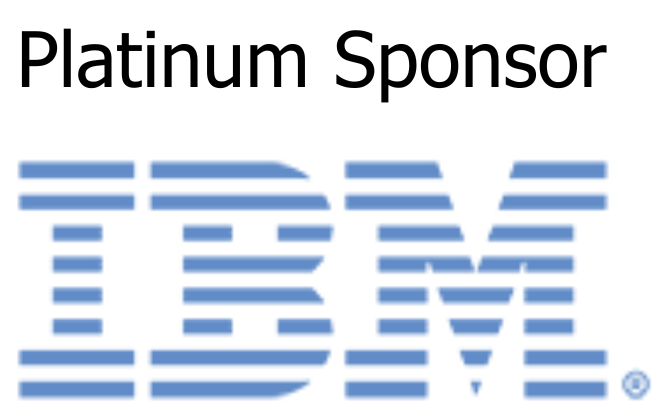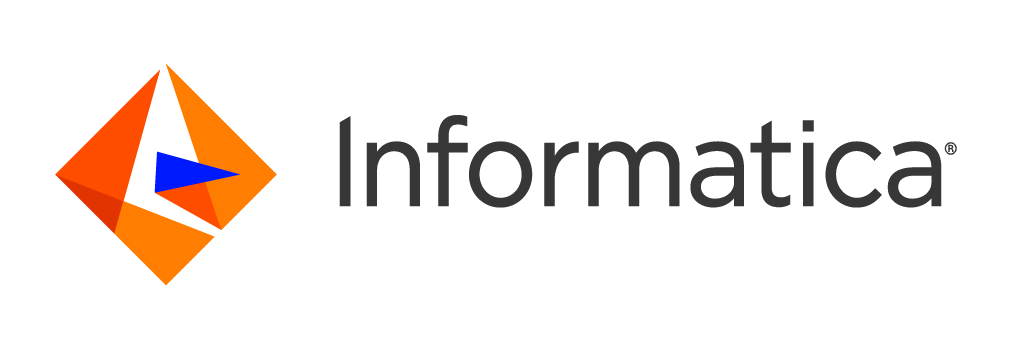Presented by Dave Wilkinson
As enterprises race to implement AI and machine learning, one truth remains: your models are only as good as the data feeding them. Without trusted, consistent, and well-mastered data, even the most sophisticated algorithms will struggle to deliver accurate, explainable, or actionable outcomes. This session explores how mastering your foundational data—through effective data governance, operational master data management, and purpose-driven architecture—can make your AI/ML strategy not only more complete but more impactful. We’ll share insights from real-world transformations, including how poor data hygiene reshaped financial reporting for a Fortune 500, how it took four months to answer a simple executive question, and how digital twins revolutionized predictive maintenance on oil platforms.
You’ll leave having experienced how to well-architect data ecosystems support scalable, trustworthy AI. We’ll dive into why operational efficiency begins with well-mastered data, how behavior change—not just dashboards—is the real measure of value, and why using generic AI models might erase your competitive edge. Whether you're leading a data team, evaluating ML platforms, or advancing enterprise architecture, this session will provide the frameworks, language, and real-world examples to bridge data mastery with artificial intelligence.
Attendees Will Learn:
- Why MDM is foundational to trustworthy AI and ML outcomes
- How to link master data, behavioral change, and operational efficiency
- How to define and apply critical data elements based on real business purpose
- Strategies for aligning MDM and analytics with measurable behavior change
- How to support predictive analytics, digital twins, and advanced visualization through better architecture
- Practical steps for architecting data environments that enable responsible, scalable AI adoption














